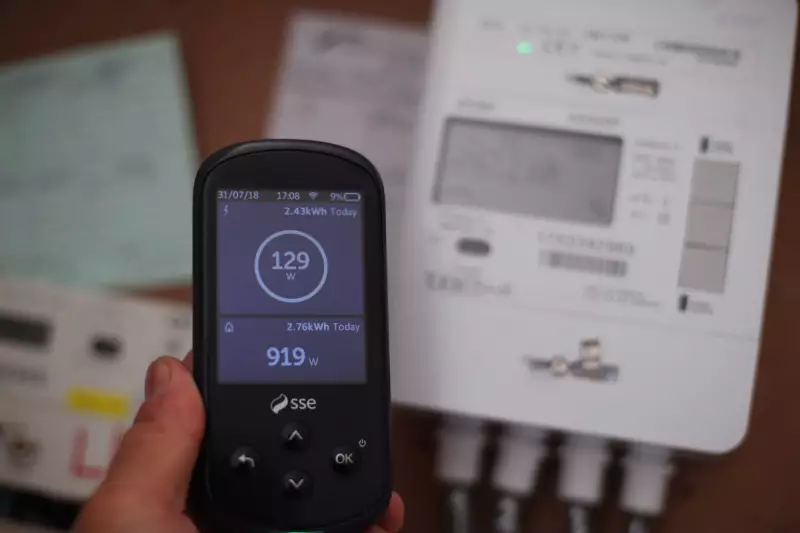
The UK's energy regulator, Ofgem, has publicly criticised the government for its significant delay in launching a promised social energy tariff, a move that leaves millions of vulnerable households without crucial financial support.
In a strongly-worded consultation document, Ofgem expressed clear frustration, stating it is "disappointed" that a full response to its earlier recommendations on consumer protection has not been forthcoming. The regulator had initially proposed the social tariff framework over a year ago as a long-term solution to shield the most susceptible customers from volatile energy market prices.
Millions Left in Financial Limbo
The core of the issue lies in the government's inaction. While Ofgem has been working on reforms to the existing energy market, including changes to the price cap, it insists that a social tariff is fundamentally a matter for Westminster to enact. This targeted support mechanism is designed to offer discounted rates to low-income families, pensioners, and those with disabilities.
Without this intervention, countless families remain dangerously exposed to the whims of the global energy market. The end of broader, universal government bill support schemes has only intensified the need for this targeted aid, with charities warning of a worsening cost-of-living crisis for those on the lowest incomes.
A Call for Urgent Action and Clarity
Ofgem's publication is more than just a expression of disappointment; it is a direct call to action. The regulator has emphasised that the "case for action... remains strong" and is urgently seeking a definitive update from the government on its plans.
The ball is now firmly in the government's court. Ministers are under increasing pressure to outline a concrete timeline for the social tariff's implementation. Further delays will likely provoke stronger criticism from consumer groups and MPs alike, who argue that protecting the vulnerable from unaffordable energy costs should be a paramount policy priority.




